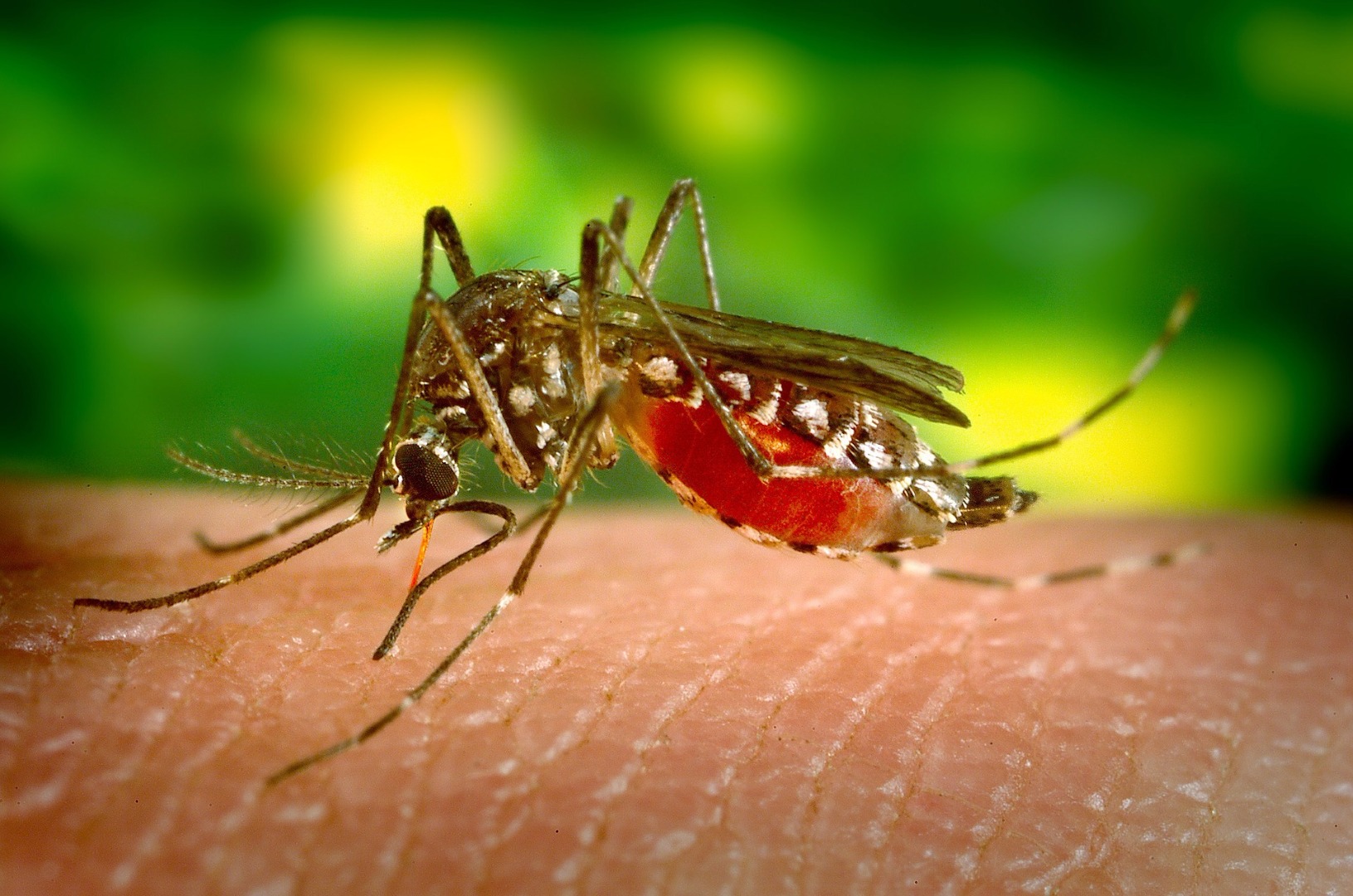Zika virus could be a weapon against brain cancer

Scientists at Duke University and other research centres have created a weakened version of the Zika virus that could potentially be used to treat the often deadly brain cancer. In lab experiments, their virus appeared to specifically attack and destroy cancer cells, largely leaving healthy cells untouched.
Here's What We Know
Studies have shown that the Zika virus prefers to infect and kill neural stem cells in the developing fetus, which then leads to microcephaly and other complications. But because brain tumour cells tend to resemble these stem cells (they both grow very quickly, for example), scientists working on vaccines for the Zika virus have suggested that a live but weakened version of the virus could be turned into a weapon that targets these cancer cells, especially glioblastoma multiforme (GBM), the most common type of brain cancer. In their latest study, published last month in the Journal of Translational Medicine, the team of scientists found evidence that their strain of Zika virus vaccine could indeed become such a weapon, at least in vitro. They found that their live attenuated virus could easily infect and destroy GBM cells, killing between 65% and 90% of GBM cells in a population.
Go Deeper:
The Zika virus, discovered in 1947, is carried by mosquitoes of the genus Aedes. In humans, it causes an illness whose symptoms include rash, fatigue, headache, joint pain, fever, and joint swelling. Zika virus infection during pregnancy can result in babies born with microcephaly and other birth defects. In children and adults, Zika virus infection can lead to Guillain-Barré syndrome, neuropathy and myelitis. There are no specific drugs against Zika virus, clinical trials of a DNA-based vaccine are underway.
Source: Gizmodo, TranslationalMedicine